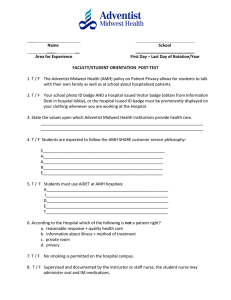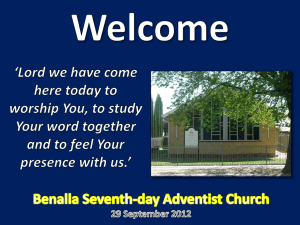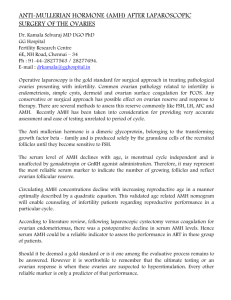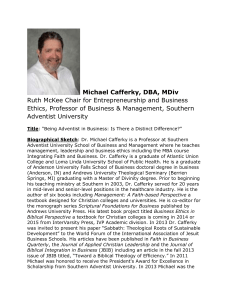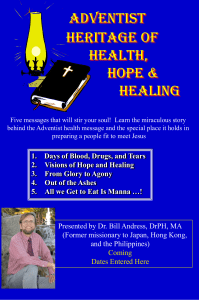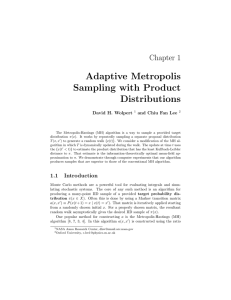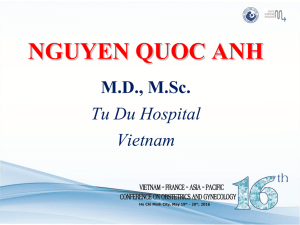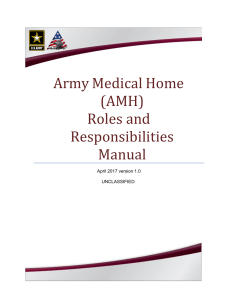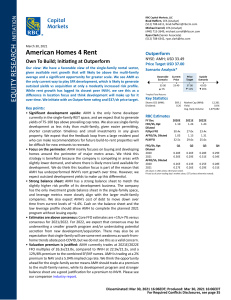__________________________
advertisement
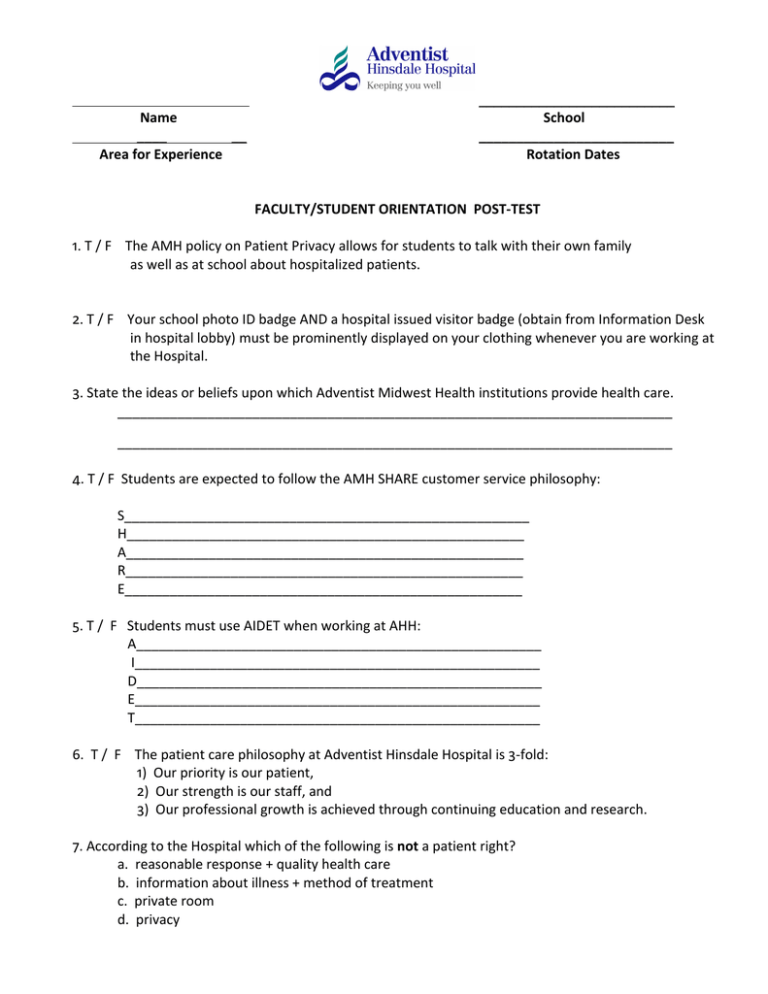
__________________________ School __________________________ Rotation Dates Name ____ __ Area for Experience FACULTY/STUDENT ORIENTATION POST‐TEST 1. T / F The AMH policy on Patient Privacy allows for students to talk with their own family as well as at school about hospitalized patients. 2. T / F Your school photo ID badge AND a hospital issued visitor badge (obtain from Information Desk in hospital lobby) must be prominently displayed on your clothing whenever you are working at the Hospital. 3. State the ideas or beliefs upon which Adventist Midwest Health institutions provide health care. __________________________________________________________________________ __________________________________________________________________________ 4. T / F Students are expected to follow the AMH SHARE customer service philosophy: S______________________________________________________ H_____________________________________________________ A_____________________________________________________ R_____________________________________________________ E_____________________________________________________ 5. T / F Students must use AIDET when working at AHH: A______________________________________________________ I______________________________________________________ D______________________________________________________ E______________________________________________________ T______________________________________________________ 6. T / F The patient care philosophy at Adventist Hinsdale Hospital is 3‐fold: 1) Our priority is our patient, 2) Our strength is our staff, and 3) Our professional growth is achieved through continuing education and research. 7. According to the Hospital which of the following is not a patient right? a. reasonable response + quality health care b. information about illness + method of treatment c. private room d. privacy 8. T / F No smoking is permitted on the hospital campus. 9. T / F The use of a cane or walker, confusion, wearing glasses, hearing aid, opiates, anticonvulsants, and benzodiazepines are not fall risk factors. 10. T / F Fall risk assessment must be performed on admission, daily, and when there is a change in the patient’s clinical condition. 11. T / F SBAR (Situation, Background, Assessment, Recommendation) is the name of the patient hand‐off tool AMH has chosen to implement. 12. T / F Students don’t need to use SBAR when reporting off to the nurse. 13. Define the RACE acronym and briefly describe the action to take. R_________________________________________________________ A_________________________________________________________ C_________________________________________________________ E_________________________________________________________ 14. When discussing hazardous communication, define MSDS and explain its purpose. M______________ S______________ D______________ S______________ ______________________________________________________________ ______________________________________________________________ 15. T / F If a protective device (restraint) has been applied to a patient, the patient should be toileted and given fluids/food, have their circulation, ROM, sensation, and skin condition checked every two hours. 16. T / F If you suspect your patient is a victim of abuse or neglect, you are to discuss your concern with the AHH nurse responsible for the patient. 17. T / F Only the non‐critical care nurse caring for the patient may call “Rapid Response Team” for a patient whose condition is deteriorating by dialing 555. Match the emergency condition to the correct color/code. A. Blue 18.___ Child abduction B. Red 19.___Hazardous spill C. Pink 20.___Patient has left building without staff notification D. Yellow 21.___Fire / smoke / odor of something burning E. Black 22.___Person threatening and displaying a weapon F. Gray 23.___Bomb threat G. Silver 24.___Cardiac arrest H. Purple 25.___Utilities failure I. Brown 26.___Severe weather J. Orange 27.___ Security assistance needed K. Green 28.___ Internal Disaster L. Triage 29.___Disaster condition – incoming patients to the ED 30. In order to protect yourself, your patients, your coworkers, and your family, you should wash your hands a. Before beginning work and prior to leaving the unit b. Before donning gloves and after removing gloves c. After touching your face and after sneezing/blowing your nose d. After eating lunch e. With each patient encounter e. All of the above Welcome to Adventist Hinsdale Hospital! Return the following completed forms to Donna M. Kanak, RN, MS in Nursing Education, Tupper Hall basement, prior to beginning the clinical experience/on your first day of clinical: 1) (This) Post‐test 2) Confidentiality Form 3) iConnect Skills Checklist Thank you! Updated 07/10 AHH/dmk
